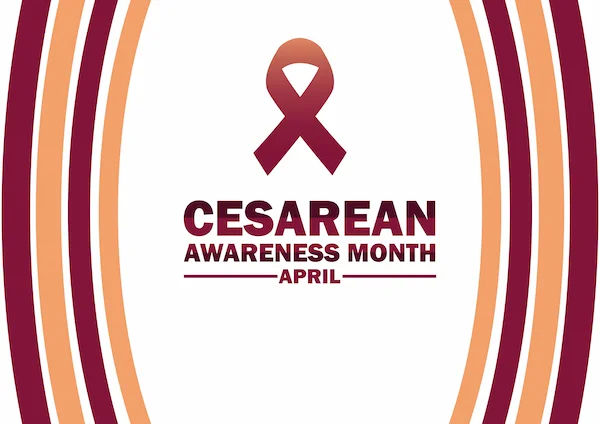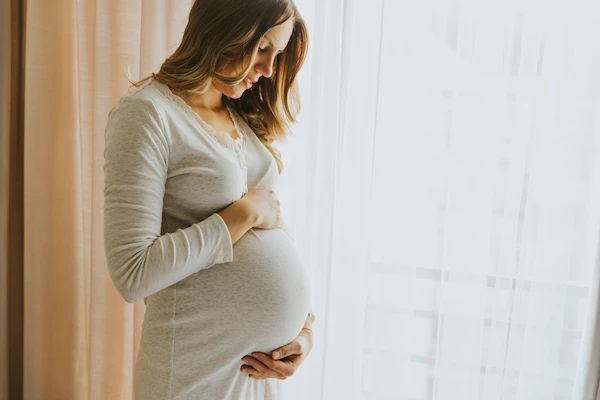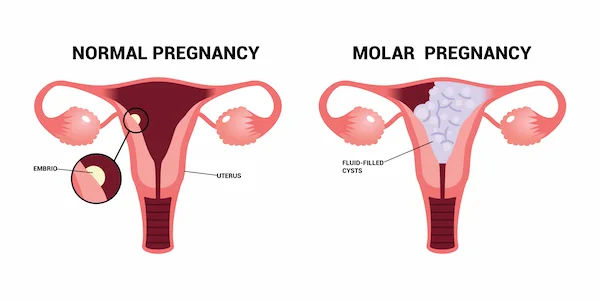- female
- 25 Years
- 22/01/2025
I've been experiencing nausea, cramps, fatigue, and headaches six days after having intercourse and taking the i-pill. I'm really worried and wondering if these are side effects of the i-pill or if they could be early signs of pregnancy. Could you help me understand what's going on?
Answered by 1 Apollo Doctors
The symptoms you're experiencingnausea, cramps, fatigue, and headacheare likely side effects of the i-pill, as it contains a high dose of hormones that can cause such reactions. However, to rule out pregnancy, consider taking a urine pregnancy test if your period is delayed. If symptoms persist, consult a doctor.
Dr. Dr Khaleel Suggests...
Consult a Obstetrician and Gynaecologist
Answered 04/07/2025
0
0

More Obstetrics & Gynaecology Health Queries
View allMy wife had an IUI on the 20th and 21st of August, and it's been about 15 days now, but she hasn't noticed any major pregnancy signs. The only thing is she's feeling a bit dizzy in the afternoons. Could you let us know when pregnancy symptoms usually start? We're just a bit anxious.
Hello, it's not unusual for pregnancy symptoms to vary or be absent in the early days. Dizziness could be related to hormonal changes, but it's not a definitive sign. I recommend waiting a couple more days and doing a pregnancy test if her period doesnt start. Wishing you the best!
Answered by 1 Apollo Doctors
I was diagnosed with uterine fibroids back in May and really don't want to go through surgery. Are there any effective remedies or medicines that can help shrink or melt the fibroids naturally? What options do I have besides surgery?
Fibroids may shrink with GnRH analogs, herbal remedies, or diet changes—surgery is last resort if no improvement.
Answered by 1 Apollo Doctors
Can I squish my unborn baby while sleeping?
There isn't much to worry about if you somehow find yourself on your stomach. The uterine walls and amniotic fluid protect your baby from being squished.
Answered by 1 Apollo Doctors
Disclaimer: Answers on Apollo 247 are not intended to replace your doctor advice. Always seek help of a professional doctor in case of an medical emergency or ailment.





